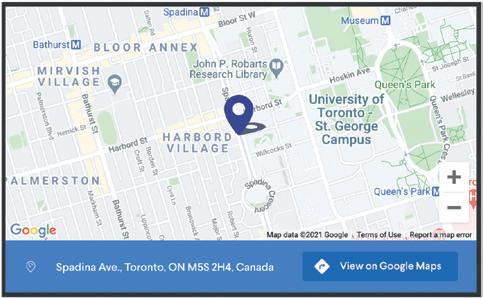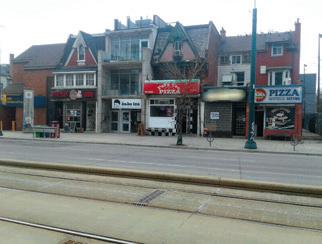
3 minute read
Hamilton
What is a special assessment?
BY JACQUELINE MONETA JD
Most homeowners would agree that home maintenance and unexpected repairs are a fact of life. So, why does talk of a special assessment send shock waves through a condominium?
WHAT IS A SPECIAL ASSESSMENT?
A special assessment is a demand for suite owners to pay an additional contribution to the common expenses on top of the regular monthly fees.
A reserve fund is where your portion of common expenses is deposited for major repairs of the capital assets of the corporation. When the reserve fund is insuffi cient to cover condominium costs, the board may levy a special assessment.
Your condo board may do this for various reasons. Often, a special assessment is used to off set unexpected expenses or shortfalls in the budget. This may be the case in a critical year, where the reserve fund is depleted due to a scheduled improvement to the building.
Alternatively, the board may have underestimated the cost of a project. Unit owners also bear the cost of litigation that results in a judgment against the condominium. If the reserve fund is depleted, the board will have to levy a special assessment to pay a judgment.
HOW MUCH DO I HAVE TO PAY?
Owners pay a special assessment, as per the declaration, in the same proportion as their common expenses. Therefore, a smaller suite’s special assessment will be lower than the one paid by a larger suite.
If you refuse to pay the assessment, you risk the same consequences as if you neglected to pay your common expenses — it may result in a lien against the unit. A lien may aff ect fi nancing, or in extreme cases, force a sale and can involve signifi cant legal fees.
AVOIDING SPECIAL ASSESSMENTS
A. Potential buyers. New buyers are legally entitled to a status certifi cate. It’s important to review this carefully as it will include information about any special assessments.
It is a good idea to make your off er conditional upon a review of the status certifi cate. Even if you go ahead with the purchase of your unit, you may be able to negotiate a lower purchase price based on an upcoming special assessment.
B. Current owners. The best way to avoid a special assessment is to ensure that there are suffi cient funds in the reserve fund.
As an owner, higher common expenses are not always a bad thing. The board needs to set fees high enough to cover its expenses. If fees are too low, a special assessment is more likely.
However, if owners believe the rationale for the special assessment is not well founded, they can requisition a meeting to force the board to discuss the issue.
While the board does not have to stop the assessment, if it was the board’s own failures that caused the assessment, then they can be voted out. In some extreme cases, owners may seek legal recourse against the board for lack of due diligence or to stop the special assessment.
C. Board of directors. If you are a board member looking to avoid special assessment, then alternative methods for raising capital should be explored.
A loan may place less fi nancial burden on owners as it can be paid back over time. Check the bylaws to ensure the corporation can borrow funds.
Special assessments require careful consideration by boards and owners alike. But, with adequate planning and well-informed owners, condominium buildings can be maintained for years to come.CI
LOCATION, LOCATION!!! $6500 + HST + TMI DIRECTLY ACROSS FROM UFT
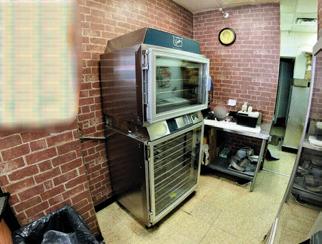
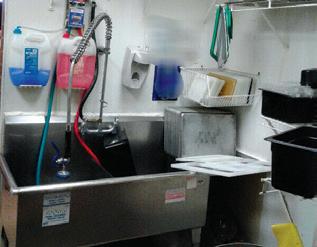
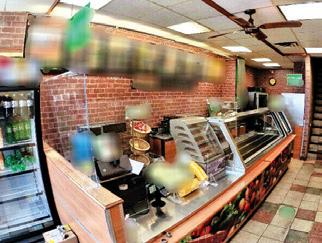
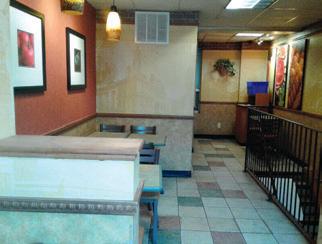
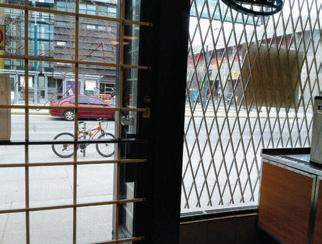
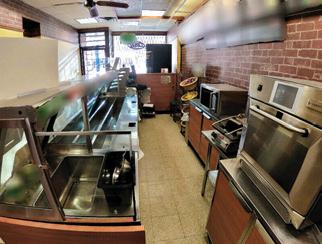
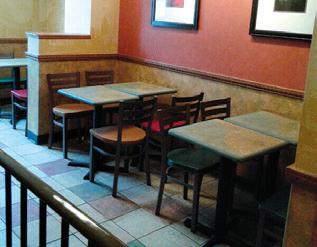
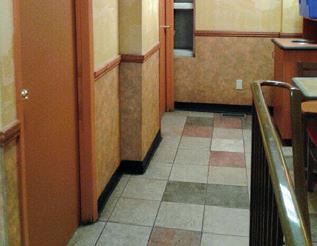
• Popular designated sandwich shop for
University and patrons of the Spadina/
Harbord area. • Top of the line, super clean, equipment including salad bar, bread machine, walkin cooler, freezer, storage spaces, grill, microwave, some extra containers for the salad bar, tomato, and pepper slicer. • Offered @ $6,500/month plus TMI and HST • 3yr lease with option to renew • Seating on upper floor for 17 people. • 2 bathrooms
416-785-6699
Email: pirikeddy@gmail.com
